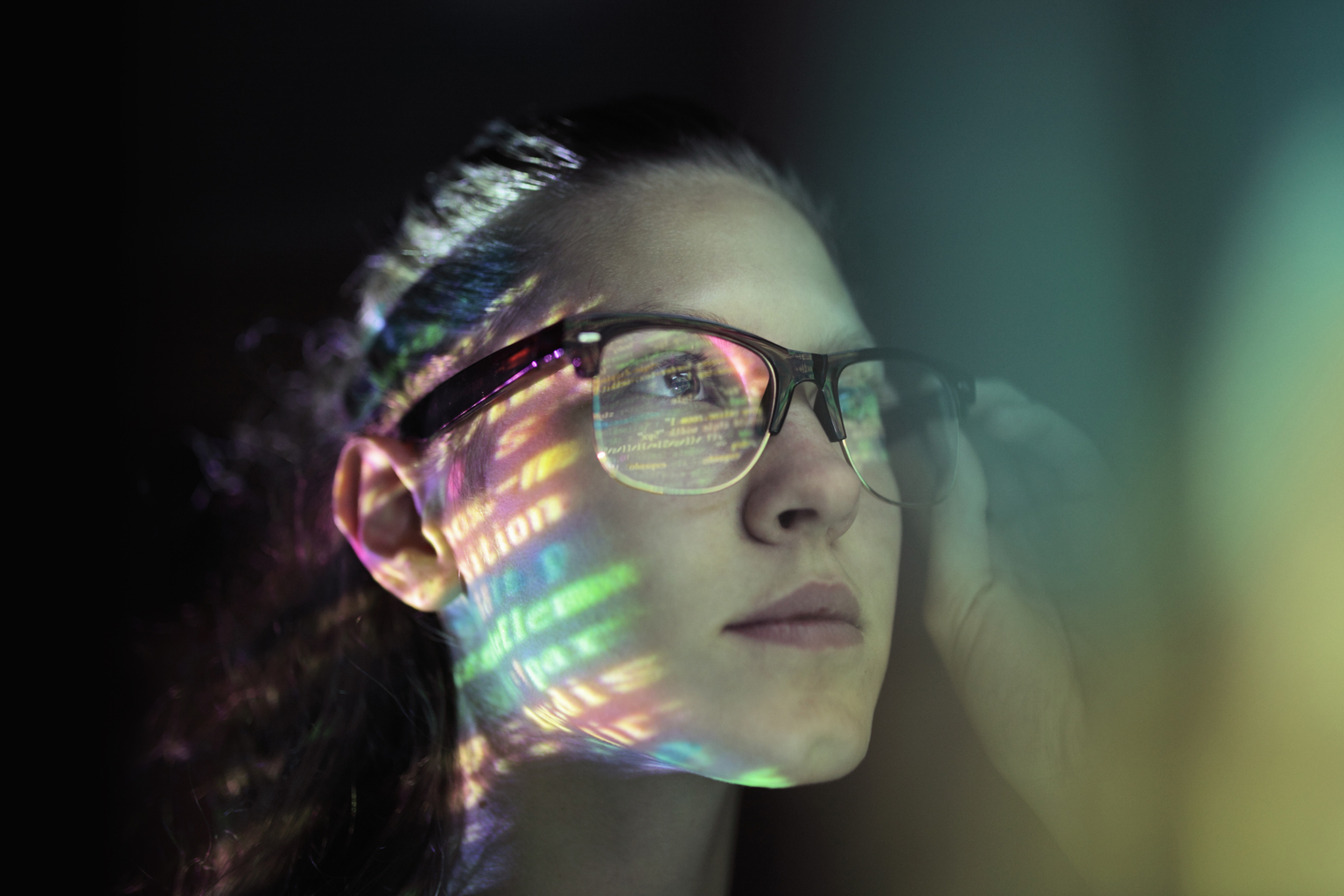“Every generation
Blames the one before”
~Mike and The Mechanics, “The Living Years”
I find perceptions about generations amusing.
The way baby boomers and millennials view each other is one example. Maybe it’s because I’m a member of Generation X and we’re between the two, and took the good traits of both and avoided the bad ones (or maybe it’s the complete opposite, I don’t know).
But generalizations can be inaccurate. Here’s some perspective you don’t hear often and that may run contrary to established beliefs:
Boomers are the generation that produced the hippies in the 1960s. They had as many differences with their parents as millennials may have today with boomers, if not more. Many boomers were rebellious and anti-authority in their youth, much more than the generations that followed.
Also, a lot of early millennials have more in common with Gen Xers than other millennials. Millennials are not a homogeneous group.
Moreover, it’s easy to blame boomers for environmental and social issues today, but many modern movements for environmentalism, equality, and civil rights were started by boomers decades ago.
There are still serious problems that need to be addressed (e.g. climate change, racial injustices), but boomers were behind improvements experienced between the 1950s/1960s and the 1980s/1990s, even though more progress is needed.
So beware of generalizations. There’s great variety within each generation.
But there is something that applies uniformly to all boomers: they are either retired or will retire within the next 5-10 years. The workforce is changing.
Boomers are also taking valuable knowledge and expertise with them. This can create problems for millennial and Generation Z workers who are representing a larger share of the workforce.
A Goldmine of Information
How can you make sure to retain all the knowledge and expertise that boomers have developed over the years, so that new workers can benefit from them?
To start, you have to make sure that the knowledge is located somewhere.
This is not a problem for organizations that use an EHS management system like Enablon, and that have been entering data in the system for years.
These organizations are sitting on a goldmine of knowledge, expertise and information because of all the data present in the system.
For example, a worker with years of experience may remember what controls were deployed at a particular site after a certain type of incident. If the same incident occurs at another site, he can pull the details from the system and share them with his colleagues.
When experienced boomers retire, they will take that type of knowledge with them. But the information is still there, sitting in Enablon, and waiting to be used in the right context. And this is where artificial intelligence plays a role.
Artificial Intelligence Helps to Identify Best Practices
Knowledge on its own is not enough. The right type of knowledge must be identified for the right context.
AI can go through all data records and pull information that is relevant to a specific context or situation, instead of having someone go through all the data, or relying on someone to remember the details.
Here’s a sample of scenarios where AI can be aware of a context, and identify and highlight pertinent best practices or information:
- An incident is entered in Enablon. Based on similar incidents entered in the past, AI suggests specific action plans to address root causes.
- A new hazard or risk is entered in Enablon. Based on similar hazards or risks, AI proposes a list of relevant controls from which to choose from.
- A worker reviews a permit before starting a task. AI identifies all past incidents in Enablon that are pertinent to the task described in the permit. Lessons learned from corresponding incident investigations are then sent to the worker before the task begins, allowing her to take appropriate measures or change behaviors accordingly.
This is a main benefit of artificial intelligence that does not get enough attention. AI is not just about keeping up with the evolution of industrial processes brought by Industry 4.0 technologies and the “smart factory”. It’s not just about automation, saving time and effort, advanced analytics, or generating insights from data.
AI is also about bringing to the surface best practices and lessons learned sitting in Enablon, based on a specific context. New workers can leverage AI to benefit from the knowledge and intelligence entered in Enablon over the years by experienced workers.
To learn more about how artificial intelligence, machine learning, and data analytics can improve EHS and operational risk management, consider attending our SPF World 2020 virtual event in November.





